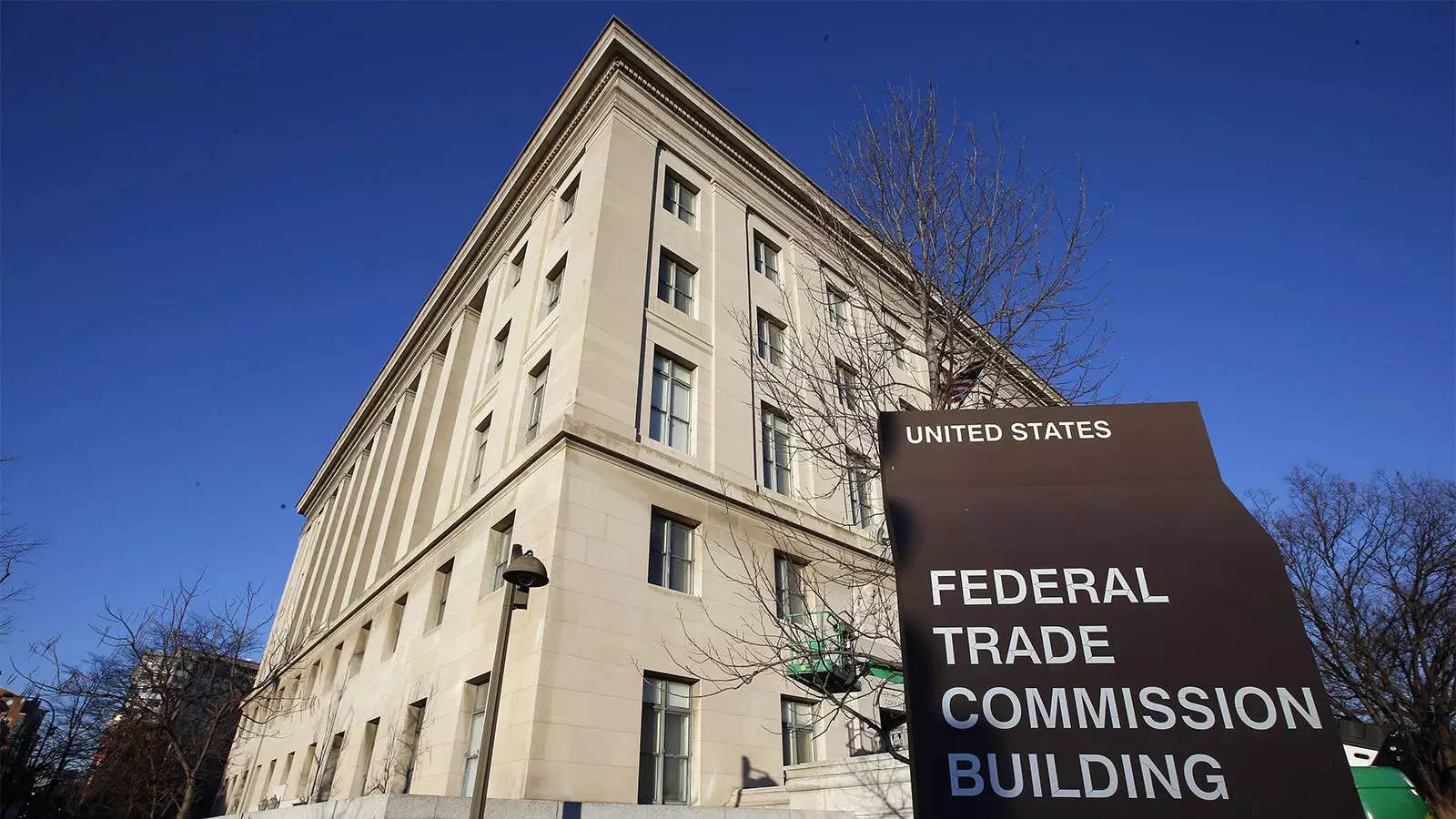The Federal Trade Commission (FTC) has taken a significant step by filing a lawsuit against three dominant pharmacy benefit managers (PBMs), namely Caremark, Express Scripts, and OptumRx. This lawsuit sheds light on the controversial role these entities play in the skyrocketing costs of essential medications, particularly insulin, which is vital for millions of Americans living with diabetes. The FTC alleges that the practices employed by these PBMs, which collectively manage around 80% of the nation’s prescriptions, have led to not only inflated drug prices but also disproportionate burdens on patients who are already struggling with high healthcare costs.
Pharmacy benefit managers are designed to negotiate prescription drug pricing on behalf of insurers and employers, theoretically working to lower costs through rebates from pharmaceutical manufacturers. However, the FTC’s lawsuit contends that these negotiations have not yielded the intended results for consumers. Instead, they claim that the rebate system has created a distorted pricing environment, wherein list prices—the price before any discounts—remain unreasonably high. This poses a significant problem for individuals with no insurance or those facing high deductibles, who are forced to pay these exorbitant prices out of pocket.
The issue of insulin pricing has garnered increased attention in the political arena, becoming a focal point in national campaigns. Critics, including lawmakers and advocacy groups, have long pointed fingers at PBMs, arguing that their practices contribute to the alarming rates at which prescription drugs, notably insulin, have soared in price. Despite this growing criticism, PBMs defend their role, asserting that they provide essential services in negotiating favorable terms on behalf of their clients. They argue that the FTC’s lawsuit misunderstands the complexities of drug pricing and the necessity of their operations to keep healthcare costs in check.
In response to the FTC’s accusations, representatives from the involved PBMs maintain that they are integral to protecting consumers from the unchecked inflation of drug costs imposed by pharmaceutical companies. Caremark insists that they negotiate substantial discounts for their clients, aiming to make insulin more accessible. Express Scripts and Optum similarly claim that the lawsuit is politically motivated rather than rooted in factual analysis. They argue that dismantling their rebate negotiating strategies could leave patients more vulnerable to price hikes imposed by drug manufacturers.
As the legal proceedings unfold, the implications of this lawsuit could resonate far beyond the immediate entities involved. The outcome may redefine the landscape of drug pricing and how PBMs operate in the healthcare system. While these companies argue for their necessity in controlling drug prices, the growing demand for accountability in pricing practices signifies a potential shift towards more transparent and equitable healthcare solutions. Ultimately, the resolution of this lawsuit could play a pivotal role in determining the future accessibility of essential medications like insulin and could either reinforce or dismantle the existing structure of pharmacy benefit management in the United States.

Leave a Reply